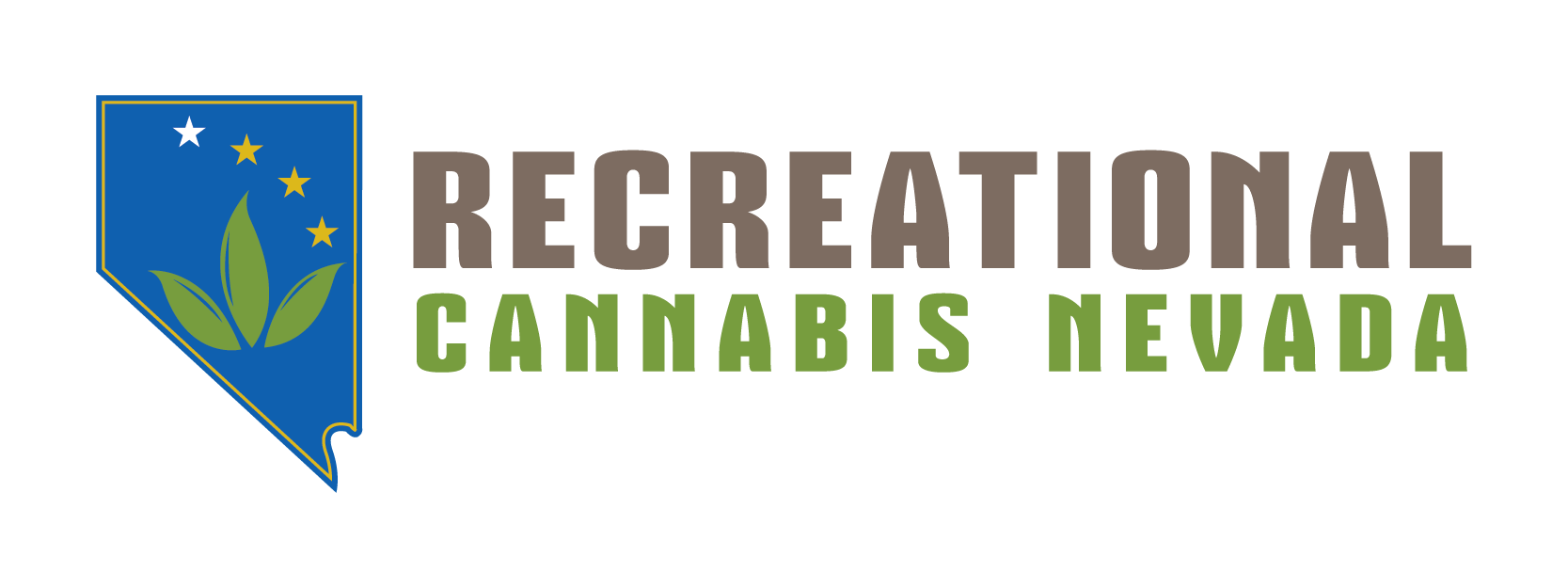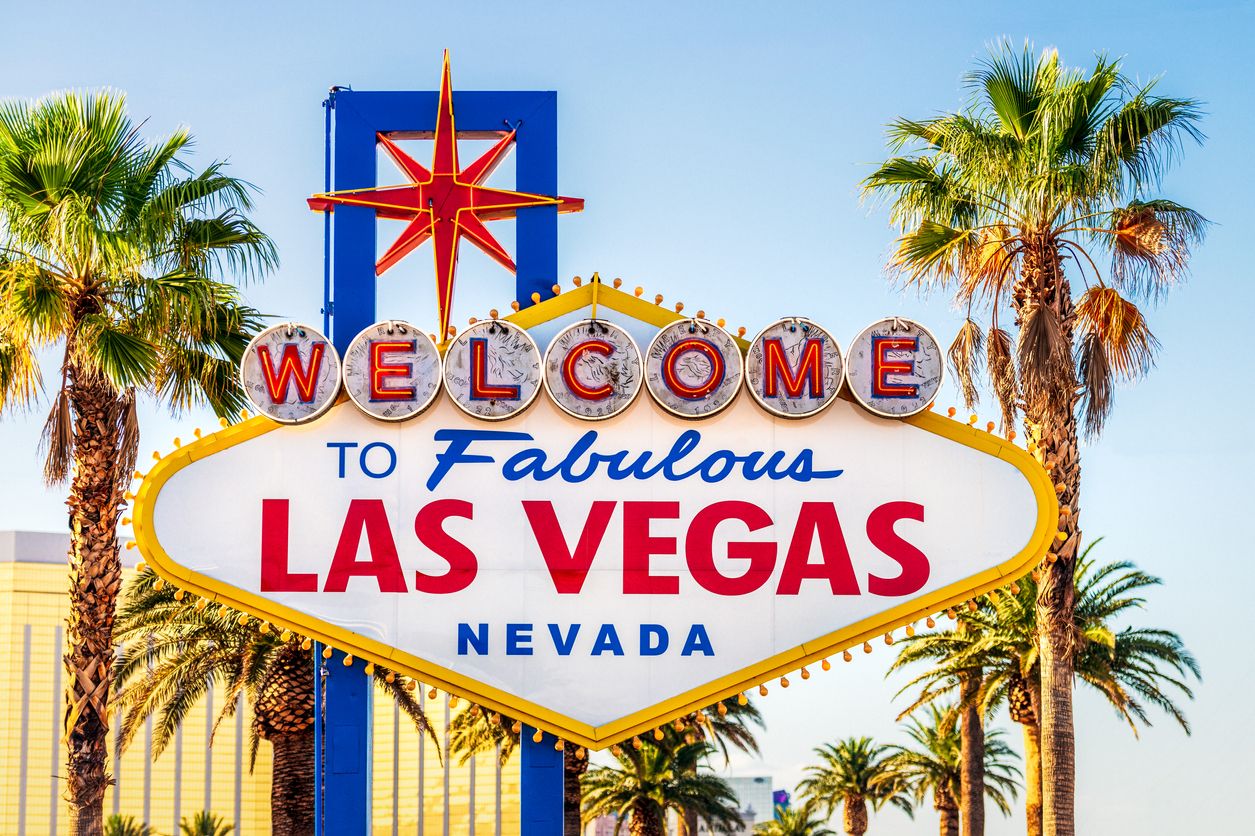Nevada’s cannabis operators are embracing greener practices by integrating sustainable packaging into their products. This movement blends environmental consciousness with compliance, appealing to eco-minded consumers and regulators alike.
Why Eco-Packaging Matters
Traditional cannabis packaging—heavy-duty plastics and exit bags—is single-use and non-recyclable, often ending up in landfills or polluting the environment(RXDco). Nevada law also requires child-resistant, opaque, tamper-evident packaging, heightening material complexity. More About Here: Nevada Cannabis Compliance Board
Eco-friendly alternatives help operators meet compliance while reducing waste, aligning with shifting consumer preferences: 87% of consumers prefer brands with sustainable practices.
Nevada Companies Leading the Charge
CLS Holdings / Oasis Cannabis
- In October 2024, CLS Holdings USA launched certified plastic-negative exit bags at their Oasis Cannabis Dispensary in Vegas. More About Here: CLS Holdings USA, Inc.
- These bags contain 20% post-consumer recycled ocean-bound plastic, and for every unit produced, twice that amount of plastic is removed from the ocean—over 27,000 lbs projected for 2025. CLS aims to expand this eco-friendly initiative across its Nevada brands.
Cannabiz Supply (Las Vegas)
- Co-founded by Barbara Fox, Cannabiz Supply offers a one-stop shop for cannabis packaging—including eco-friendly options like compliant pop-top tubes, reusable jars, and recyclable exit bags. More About Here: cannabizsupply.com
- They’ve gained recognition for blending compliance expertise with cost-effective, sustainable solutions used by hundreds of cannabis brands nationwide.
RXDco / ATID Sustainable Line
- Through its ATID line, RXDco provides biodegradable, paper-based, child-resistant containers that meet Nevada’s strict packaging rules. More About Here: RXDco
- Items include recyclable flower jars, pre-roll tins, and exit bags—designed for zero plastic waste.
KushCo Holdings
- A national leader that incorporated packaging compliance advocacy into state regulations since 2013. More About Here: Dutchie, CannaSupply
- Though based in California, KushCo serves Nevada operators through subsidiaries like Cannabiz Supply and suggests sustainable alternatives like reusable glass and recyclable tubes.
What Makes Packaging “Eco-Friendly”?
Leading sustainable materials include:
- Hemp-based plastics and paper containers (e.g., ATID, Dama).
- Recycled ocean-bound plastics used in exit bags (CLS Holdings). More About Here: CLS Holdings USA, Inc.
- Compostable mylar / flexible pouches compatible with child-resistant and opaque requirements. More About Here: elevatepackaging.com
- Reusable glass jars and metal tins for long-term storage. More About Here: RXDco
These materials meet Nevada’s regulations while cutting down on single-use plastic.
Nevada’s Packaging Regulations
Key rules from NAC 453D and Regulation 12 (CCB): Custom 420 Supply
- Child-resistant, opaque, and tamper-evident packaging required.
- Minimum 4 mm thick plastic or food-grade containers for consumables.
- Labeling must include universal cannabis symbol, THC/CBD content, batch codes, license numbers, health warnings, and anti-minor appeal—no cartoon characters or candy-style designs.
- Pre-approval by the Cannabis Compliance Board (CCB) is required before packaging use. More About Here: thclabelsolutions.com, Packagewea Cannabis Packaging
These regulations ensure consumer safety and traceability but don’t hinder sustainability if planning accordingly.
How Companies Implement Eco-Friendly Packaging
- Material Selection
Companies choose compostable or recycled materials that are both compliant and biodegradable.- CLS opted for ocean-bound recycled plastic.
- RXDco’s ATID offers paper-based alternatives.
- Cannabiz provides both recyclable plastic and exit bag options.
- Compliance-Focused Design
- All packaging includes child resistance, opacity, THC dosage info, and legalized branding.
- Avoids minor-appeal imagery per regulations.
- Pre-Approval & Testing
- Products sent to the CCB for approval, ensuring compliance and reducing recall risk. Read More: customconesusa.com
- Child-resistant effectiveness is tested per 16 C.F.R. Part 1700 standards.
- Logistics & Education
- Packaging providers inform clients on recycling, reuse, and disposal protocols.
- Some brands incentivize bag reuse, though Nevada law still requires new child-resistant packaging for each sale. Read More Here: reddit.com, thclabelsolutions.com
Environmental Impact & Consumer Response
- Waste Reduction: Nevada’s shift could prevent tens of thousands of pounds of plastic waste. CLS’s program alone projects over 27,000 lbs of plastic removed in 2025. Read More: CLS Holdings USA, Inc.
- Brand Differentiation: Companies using eco-packaging tap into consumer demand—87% would prefer greener brands.
- Regulatory Alignment: Sustainable packaging reduces regulatory hurdles tied to excess packaging or harmful composite materials.
Key Nevada Brands & Their Impact
| Company | Eco Initiative |
|---|---|
| CLS Holdings | Ocean-plastic exit bags; 20% recycled material; plastic removal via AE Global: CLS Holdings USA, Inc |
| Cannabiz Supply | Recyclable tubes, jars, eco exit bags, child-resistant packaging |
| RXDco / ATID | Biodegradable, paper-based containers across product lines |
| KushCo Holdings | Compliance-first packaging advocacy; recyclable/resuable options |
Challenges & Opportunities Ahead
- Cost Pressures: Eco-friendly materials require investment—yet growing demand and regulatory momentum suggest consumer willingness to pay a premium.
- Regulatory Innovation: Nevada’s packaging rules may adapt to emphasize recyclability or compostability, offering further market incentives.
- Scaling Potential: Expanded adoption—across dispensaries, processors, and cultivators—could turn Nevada into a national hub for sustainable cannabis packaging.
Evolving Industry
Nevada’s cannabis industry is evolving beyond compliance—it’s embracing sustainable packaging as both an ethical imperative and strategic advantage. Brands like CLS Oasis, Cannabiz Supply, RXDco, and KushCo are leading the way with innovative, eco-conscious solutions that meet strict legal requirements and resonate with environmentally-minded consumers.
As laws remain firm on safety and transparency, the shift to biodegradable, recycled, and reusable materials marks a meaningful step in reducing industry waste—and cultivating a greener future.

